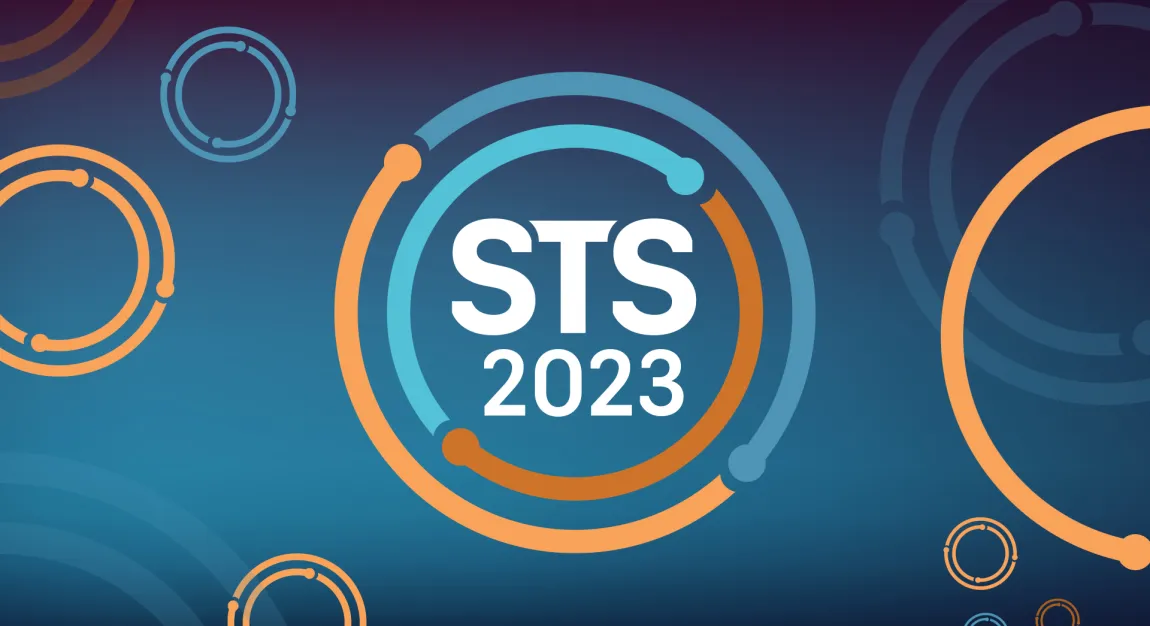A must-see session for pediatric surgeons will showcase the first study that analyzes multiple factors impacting survival of young patients with ventricular assist devices (VADs) over the last decade.
“Variables Affecting Survival in Pediatric Patients Supported with VADs: A Special Pediatric Interagency Registry for Mechanical Circulatory Support (Pedimacs) Report,” will be presented at 11:30 a.m. PT on Sunday, January 22, 2023, during the STS Annual Meeting. The presentation is part of the STS “Current Controversies in Congenital Transplantation and Mechanical Circulatory Support” session.
Awais Ashfaq, MD, from Johns Hopkins All Children’s Hospital in St. Petersburg, Florida, will report on findings. Although 10 leading children’s hospitals conducted the study, the analysis includes all 47 hospitals in the Pedimacs database of children and adolescents under age 19.
The group reviewed Pedimacs data back to the registry’s inception in 2012 through the end of December 2021, covering 1,109 patients, and identified that illness at time of VAD implantation, diagnosis, support strategy, and VAD device type all affected mortality. This study is the first step to create evidence-based guidance on VAD device choices and other decisions in care management.
For instance, one finding indicates that infants and older pediatric patients with paracorporeal continuous device support, congenital heart disease, biventricular support, and Intermacs profile 1 (cardiogenic shock) had worse overall survival after six months.
"For anyone in our field, and especially for those who have an interest in pediatric mechanical support, Pedimacs is invaluable,” Dr. Ashfaq says. “There is so much to learn from the data available in the database.”
Pedimacs became part of The STS National Database™ in 2018 and is a joint effort among the National Heart, Lung, and Blood Institute, the Food and Drug Administration, the Centers for Medicare & Medicaid Services, and others. The North American clinic registry includes patients who receive an FDA-approved mechanical circulatory support device to treat advanced heart failure. Due to its exponential growth in terms of participation and stature, the STS National Database has become the gold standard for clinical outcomes registries among health care administrators, government officials, and payers.
Dr. Ashfaq adds that the group will be taking their results and expanding them into a web-based tool to help physicians decide if patients will benefit from VADs and which device to choose.
